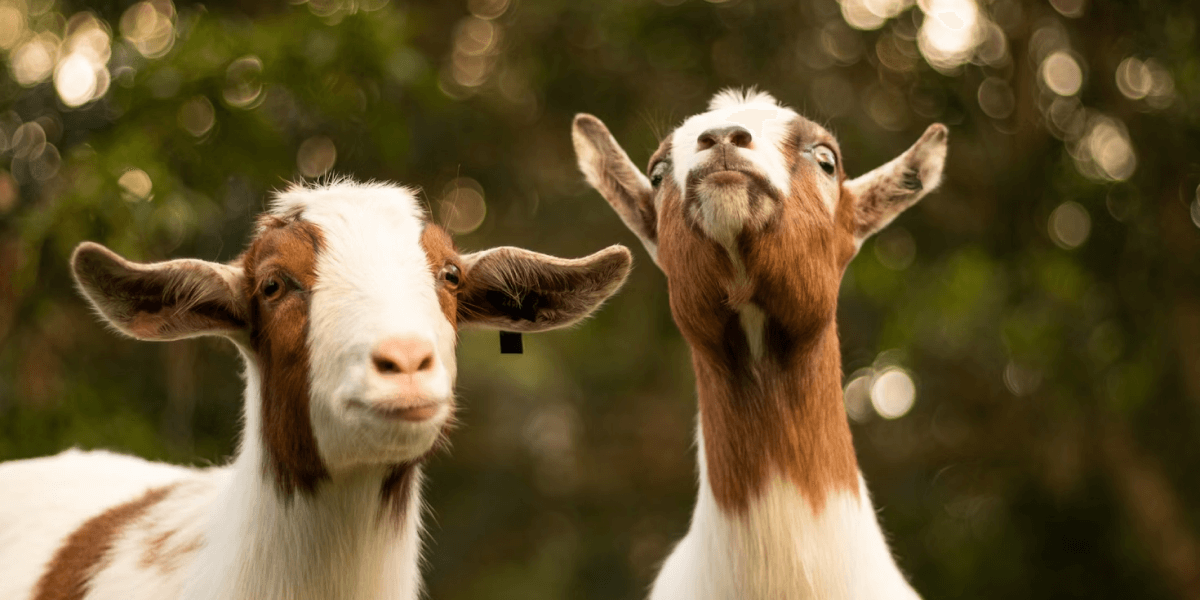Udhiyah, also known as Qurbani, is a significant Islamic ritual performed during Eid al-Adha. It involves sacrificing livestock animals in commemoration of Prophet Abraham’s (peace be upon him) willingness to sacrifice his son Ishmael (peace be upon him) as an act of obedience to God. The sacrificed meat is then distributed among family, friends, and the less fortunate.
This article delves into the essential rules and conditions for performing a valid Udhiyah Rules, ensuring your sacrifice is both meaningful and fulfills its religious purpose.
The Significance of Udhiyah
Udhiyah is more than just slaughtering an animal. It’s a demonstration of complete submission to God’s will and a way to share blessings with those in need. The act of sacrifice brings Muslims closer to God and promotes compassion and generosity.
Conditions of a Valid Udhiyah
Several conditions must be met for your Udhiyah to be considered valid. Here’s a breakdown of the key aspects:
- Niyyah (Intention): The core of any Islamic act lies in intention. When performing Udhiyah, you must have a clear and sincere intention to fulfill the religious obligation while seeking Allah’s pleasure.
- Timing: The sacrifice must be performed within the designated timeframe. According to the Hanafi school of thought, the Udhiyah period begins after sunrise on the 10th of Dhul Hijjah and lasts until just before sunset on the 12th of Dhul Hijjah, encompassing the Day of Eid and the following three days known as Tashreeq days. It’s important to note that some scholars have slightly different opinions on the specific timing.
- Type of Animal: Only specific animals are eligible for Udhiyah. These include sheep, goats, cows, camels, and buffaloes. Each animal has a minimum age requirement. For sheep and goats, it’s one year old, with an exception for healthy sheep between six and twelve months that appear fully grown. Cows, camels, and buffaloes must be at least two years old.
- Animal’s Health: The sacrificed animal must be free from any major defects or diseases that significantly affect its meat quality. Blindness, one-eyedness, missing limbs, or severe lameness are some examples of disqualifying defects.
- Method of Slaughter: The slaughtering process must be performed humanely according to Islamic guidelines. A sharp knife is used with a swift cut to the animal’s jugular vein. It’s crucial to minimize suffering and ensure a quick and painless death. Additionally, specific prayers like “Bismillahi Allahu Akbar” (In the name of Allah, God is the greatest) are recited during the slaughter.
- Distribution of Meat: Following the sacrifice, the meat should be divided into three parts. One-third is for your household, one-third can be gifted to friends and family, and the remaining third is distributed to the poor and needy. This distribution ensures everyone benefits from the act of sacrifice.
Additional Considerations
- Purchasing vs. Donating: You can either purchase an animal for sacrifice or donate to a charitable organization that carries out Qurbani on your behalf. Both methods are acceptable, and the choice depends on your circumstances.
- Local Regulations: It’s advisable to check with local authorities regarding any regulations or permits required for slaughtering animals within your area.
- Seeking Knowledge: If you have any doubts or questions about the Udhiyah process, consult with a knowledgeable Imam or Islamic scholar for guidance.
By understanding and adhering to these Udhiyah rules, you can ensure your sacrifice is performed correctly and becomes a source of spiritual reward and blessings during Eid al-Adha.
Keep an eye for more news & updates on Gossips!




